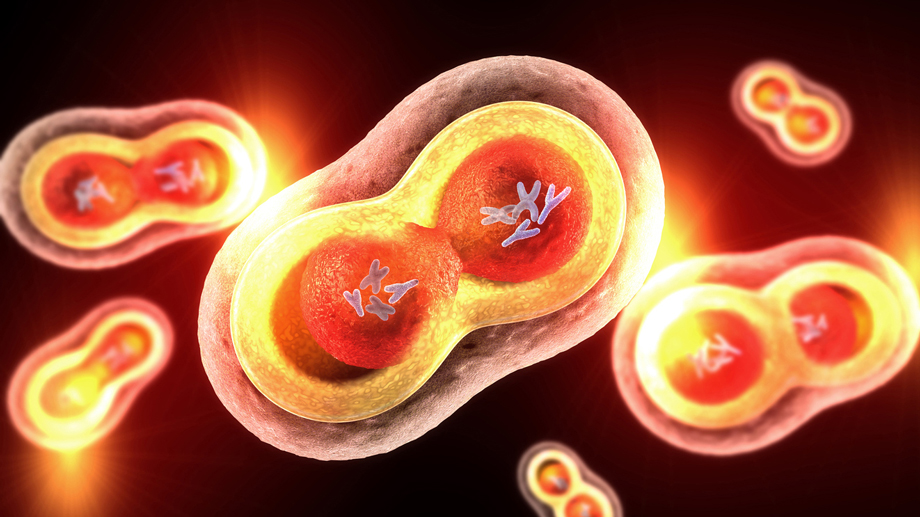Navigation auf uzh.ch
Navigation auf uzh.ch

Each year the European Research Council (ERC), open to both junior and established researchers, awards substantial funding for outstanding fundamental research. The ERC Advanced Grant is designed to support innovative projects run by exceptional scientists who have a track-record of significant research achievements in the last ten years.

Now a project of this type at the University of Zurich has been granted an award: Raffaella Santoro at the Department of Molecular Mechanisms of Disease is to receive EUR 2.5 million in funding under an ERC Advanced Grant. This funding will enable her to move forward with her research project, entitled “Analysis of the nucleolus in genome organization and function.”
The impact of genome architecture in gene regulation
The spatial architecture of chromosomes has a great influence on which genes in a cell are activated or deactivated, and how the cell develops. Understanding the mechanisms of this gene regulation is a key open issue in molecular biology, relevant for physiological and pathological processes. However, due to their complexity, these mechanisms remain yet elusive. In her project, Raffaella Santoro will investigate how the higher-order organization of the genome impacts gene expression by establishing new methods to map and functionally characterize the spatial architecture of chromosomes and genes in the cell. The findings could provide important new insights for the understanding of complex diseases that will help in the identification of relevant targets for therapies.